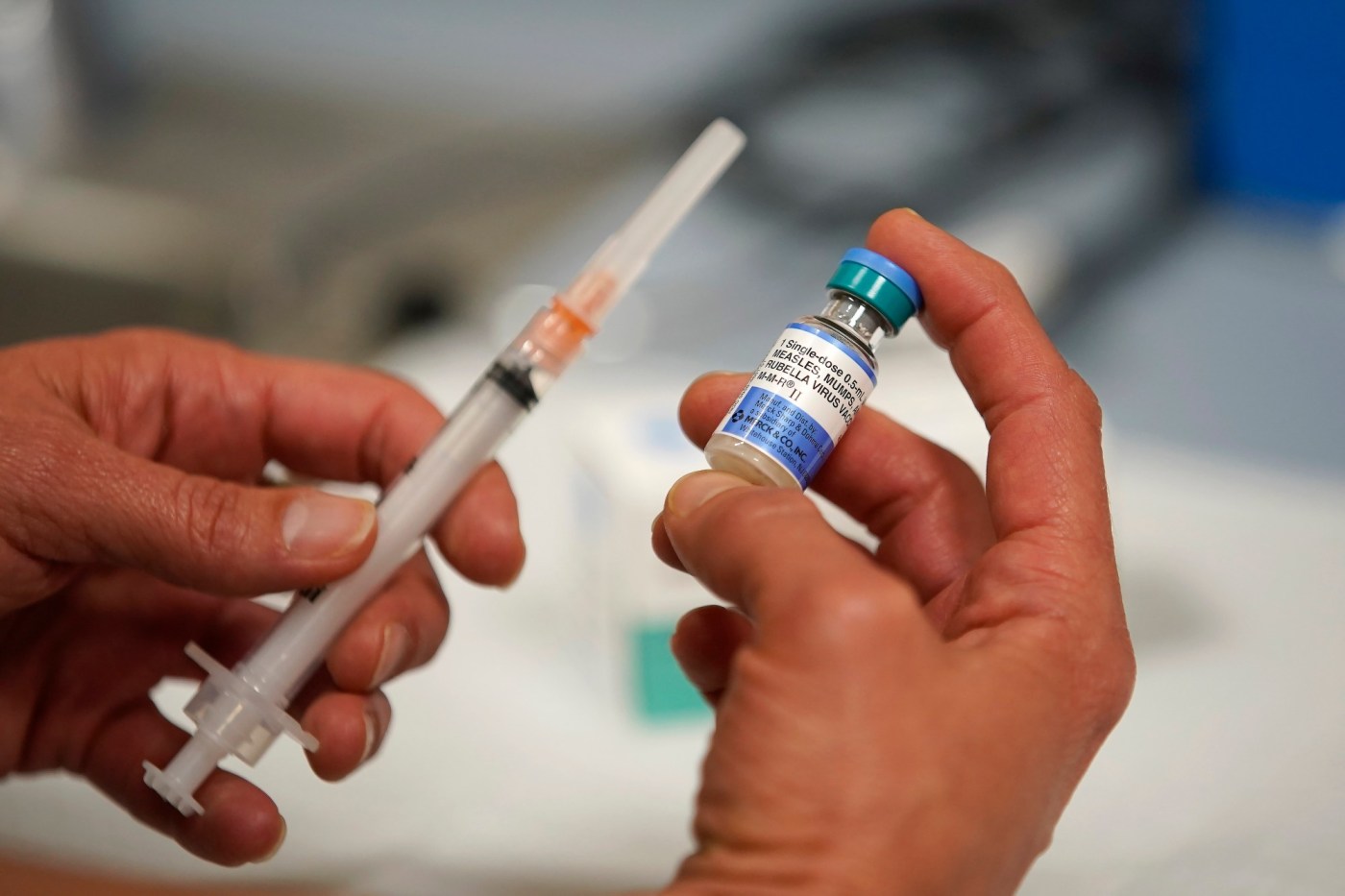Officials in Pennsylvania have issued new vaccine guidance amid rising concerns about clarity and consistency in federal vaccine policies. This week, Governor Josh Shapiro addressed the “confusion and chaos” originating from federal discussions, particularly those involving the Advisory Committee on Immunization Practices chaired by Robert F. Kennedy Jr.. Although the committee convened last week to consider significant changes to vaccine policy, only minor adjustments were ultimately made.
The discussions raised alarms among health officials, who fear that unverified studies were referenced during deliberations, potentially undermining public confidence in vaccines. In a statement released on Monday, Shapiro emphasized the vital role of vaccines, stating, “Vaccines save lives, protect families, and prevent dangerous diseases from spreading throughout our communities.” He reaffirmed his administration’s commitment to providing clear, evidence-based information to ensure that Pennsylvanians feel confident in their healthcare choices.
In response to the federal uncertainty, the Pennsylvania Department of Health has directed residents to trusted professional organizations for vaccine recommendations. Citizens are encouraged to consult resources from the American Academy of Pediatrics, American Academy of Family Physicians, and American College of Obstetricians and Gynecologists for guidance on necessary vaccines and schedules.
The state’s proactive measures include making COVID-19 and flu vaccinations available at pharmacies across Pennsylvania, a decision supported by the state Board of Pharmacy. Additionally, Pennsylvania has joined a coalition with over six northeastern states to establish its own public health guidelines. This means that Pennsylvania may deviate from federal recommendations, which could impact access to vaccines for residents.
Shapiro voiced his concerns that the recent federal recommendations, including a shift away from the use of the combined measles, mumps, rubella, and varicella (MMRV) vaccine for children under the age of 4, could complicate vaccine accessibility in the state. He reiterated that Pennsylvania health officials continue to recommend both the MMRV and COVID vaccines, stating, “These changes may make it more difficult for some Pennsylvanians to access needed vaccines—and the confusing proceedings threaten to create more misinformation around vaccines.”
For those seeking specific vaccine guidance, the Pennsylvania Department of Health has made several resources available. Information for children’s vaccines can be found at healthychildren.org, while adults can refer to aafp.org for immunization schedules. Pregnant women are directed to the updated maternal immunization guidance available at acog.org.
Shapiro also announced that the Pennsylvania Insurance Department is collaborating with health insurers throughout the commonwealth to ensure coverage for all previously recommended vaccines remains intact. This collaboration aims to protect access to vital immunizations amid shifting federal policies.
As public health officials navigate this evolving landscape, the emphasis remains on maintaining clear communication and access to vaccines for all residents, reinforcing the importance of trust between healthcare providers and patients.







































































